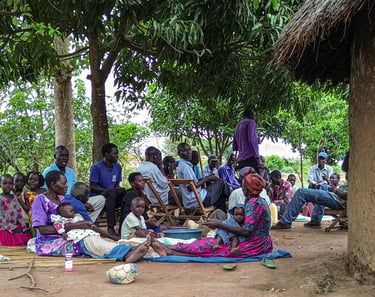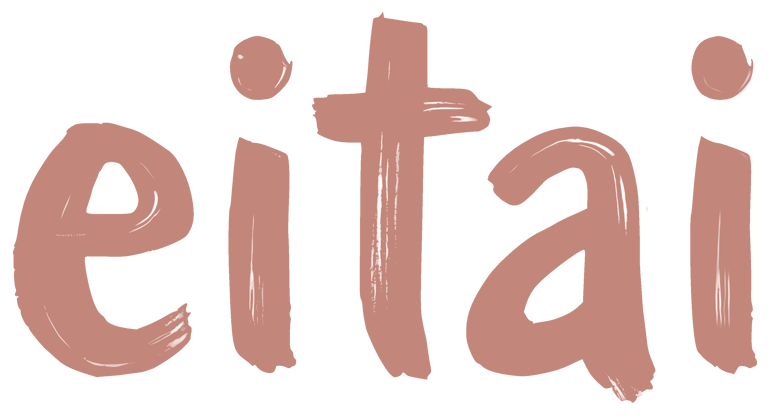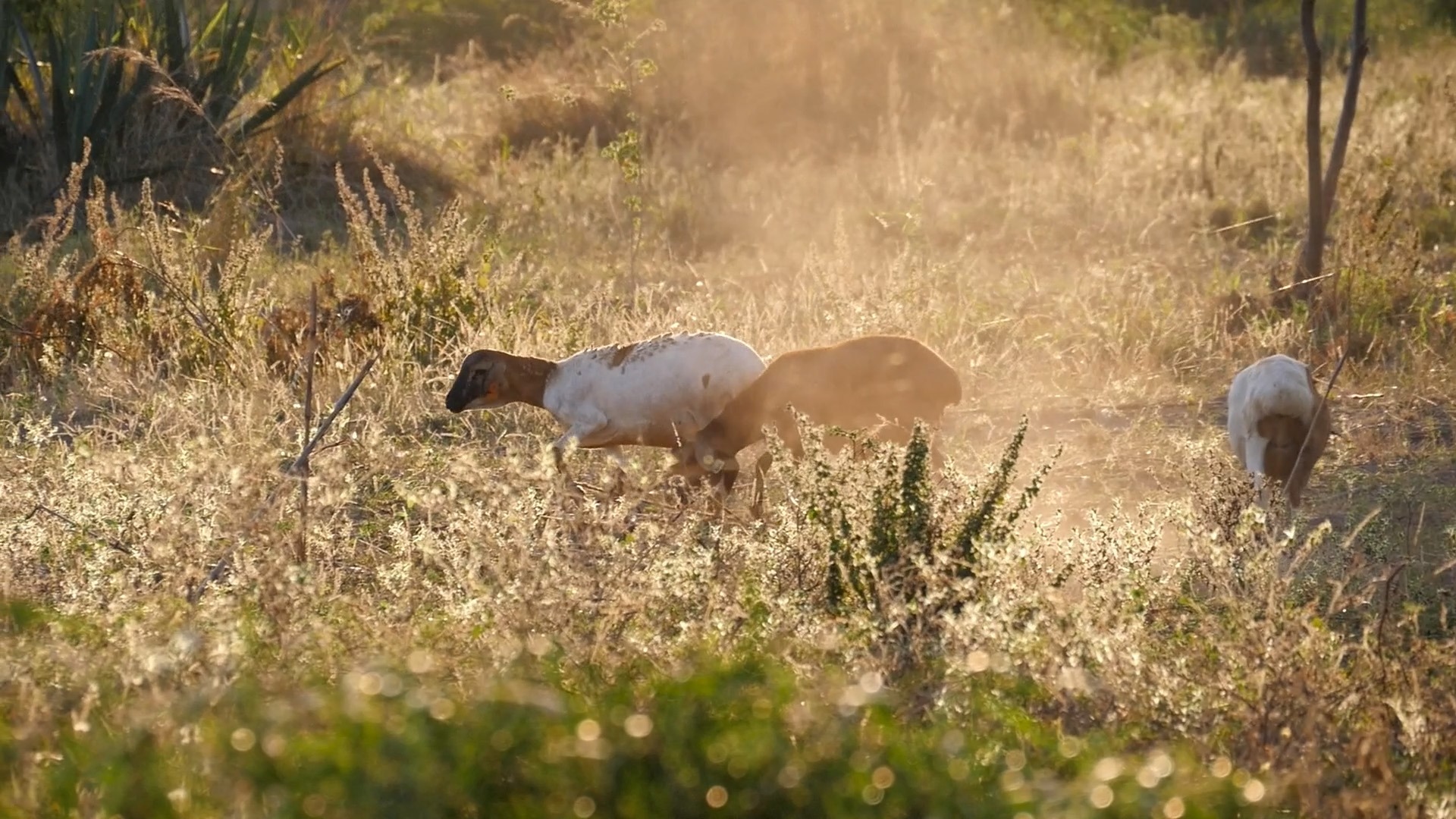
The Making of Eitai
Eitai grew out of Sally’s PhD research in Teso, eastern Uganda. Whilst academic writing allowed her to analyse and publish results, she wanted to bring to life the stories, drama, and music of the Iteso people in ways a journal article never could. The documentary was created to reach a broader audience and, most importantly, to share results with the people who matter most, the communities themselves.
Guided by Afrocentric Principles
“The word itself, ‘research’ is probably one of the dirtiest words in the Indigenous world’s vocabulary. When mentioned in many Indigenous contexts, it stirs up silence, it conjures up bad memories, and it raises a smile that is knowing and distrustful.”
(Smith, 1999)
Sally explains:
Whilst being aware of past data raids on Indigenous communities, Eitai is concerned with a decolonisation of research. Therefore, the making of Eitai was shaped by Afrocentric values that have guided research and work in Teso over the past decade:
Respect – recognising local knowledge and lived experiences
Relationality – building connections through trust and care.
Reciprocity – ensuring the research gave back to communities.
Representation – allowing Iteso voices to lead the narrative.
Rights – upholding dignity, agency, and ownership of stories.
From planning to editing, community members were engaged at every stage. Their insights, feedback, and creativity shaped the documentary into a work of collective authorship.
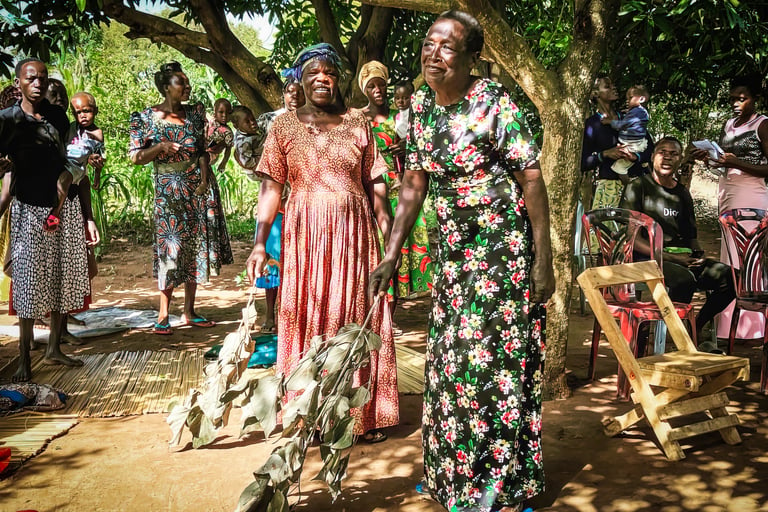


Behind the Camera
Although many in the community encouraged Sally to appear on screen, she chose to stay behind the camera — because Eitai is the story of the Itesot participants. It is a celebration of the resilience and creativity of the Iteso people. That said, some extra footage does reveal glimpses of Sally’s own involvement and friendships, offering a window into the long relationships that made this work possible.

A Shared Journey
The making of Eitai is not just about research, it is about a ten-year journey of collaboration, trust, and storytelling with the people of Teso. By blending film, song, and lived experience, the documentary seeks to honour those voices and share them widely, across Uganda and beyond.

Meet the team
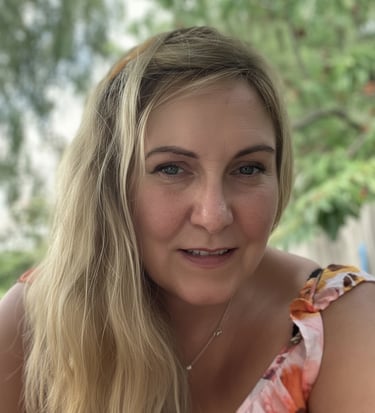

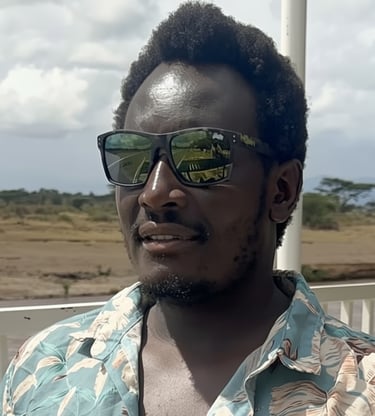

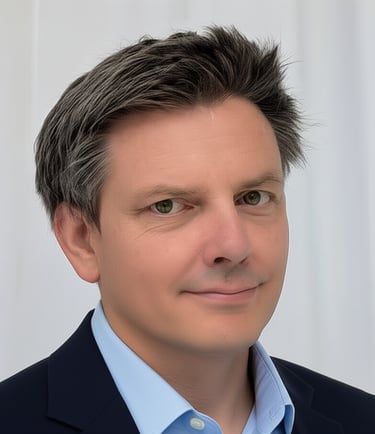

Andrew Bashford-Squires
Editor and Composer
Andrew (Bash) has overseen all post-production elements of the documentary, using his experience of music production and composition as well as music videos. He has produced work under the name The Reductor and with bands such as Luxembourg, Zeitlklein, and, The Studio System.
Sonyanga Ole Ngais
Filmographer and Co-Producer
Sonyanga is a Maasai Moran (warrior) from Laikipia in northern Kenya and a creative media practitioner. With a wealth of experience in storytelling and media production, his work often highlights underrepresented voices, aiming to spark dialogue and inspire action. Sonyanga's work not only celebrates the rich cultural heritage of the Maasai people but also addresses pressing issues such as FGM, land rights and environmental conservation.
Dr Sally Bashford-Squires
Director and Co Producer
Sally is a researcher, lecturer, and long-term collaborator with communities in eastern Uganda. Over the past decade, her work has focused on decolonisation in global health, with a commitment to equity, inclusion, and amplifying majority-world knowledge. Alongside academic research, Sally is the founder and Chair of an NGO that has worked for over ten years with Teso communities. The charity supports local initiatives in health, education, and social enterprise, with a strong emphasis on community-led change. This dual role, as both academic and practitioner,has shaped a perspective rooted in respect, reciprocity, and real-world impact.
Professor Linda Gibson was Sally’s doctoral supervisor who helped to secure funding for the documentary project as well as offering support and motivation throughout the project. Linda supported panel discussions and dissemination efforts in Uganda, offering her valuable knowledge and insight into global public health.
Prof Linda Gibson
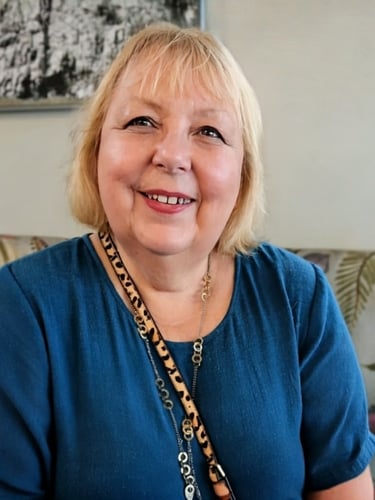

Ugandan Team
Aruro Christine
Christine works for The Aids Support Organisation (Soroti) as a counsellor. Since global funding has been cut for the organisation, she now works on a voluntary basis. She also works as a project leader for the Mustard Seed Project (Uganda) on the ground. This involves securing sheep, helping projects take shape and reach their conclusions, managing funds, and accountability. She is a good friend to all and a true force of nature!
Ottim James Robert
Robert is the Executive Director of Morakakise Integrated Development Association (MIDA) as well as a Youth development worker.Recently, he has financed and overseen the construction of The Baden Powell School and Skilling Centre to support children and youths in his area. He founded MIDA through selling guinea fowl eggs and now support 2500 individuals. He is a dynamic and inspiring leader who has brought about change to the health and wellbeing of his community.
Asekenye Joyce
Passionate about Indigenous Knowledge, Joyce led the Indigenous Women’s group in Teso – teaching them traditional cooking, food storage, customs, dances, and stories. Joyce was very aware of the importance of this knowledge and its intrinsic value towards health and wellbeing. She was an advocate for climate and environmental action. Sadly, Joyce died shortly after the making of the documentary.
The film is dedicated to her. We all miss our dynamic, knowledgeable, and passionate friend.
Obore Charles
A passionate teacher and Teach First alumni, Charles is the inspiration and chair of Huracan FC football initiative which seeks to empower and engage youths and bring about an end to gender inequality and gender-based violence in the region. Girls from his team have won scholarships and flown to China to engage in football.
Charles has travelled the world through education-based knowledge exchange initiatives. He is a true visionary who is passionate about supporting younger generations within Teso to achieve aspirational goals.
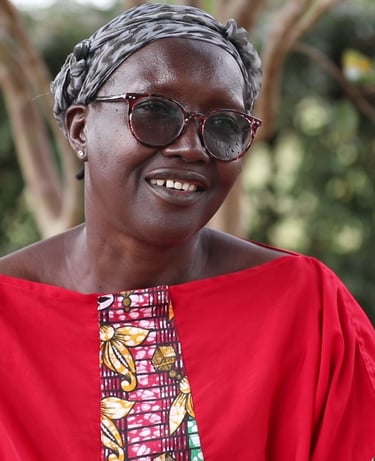

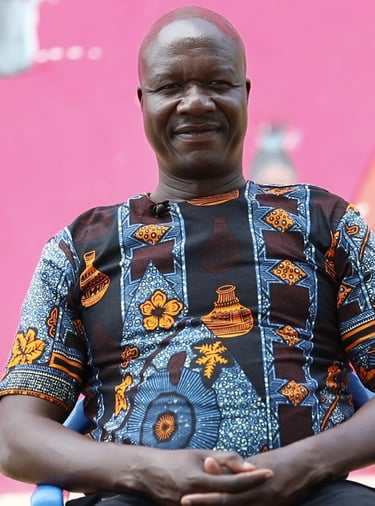

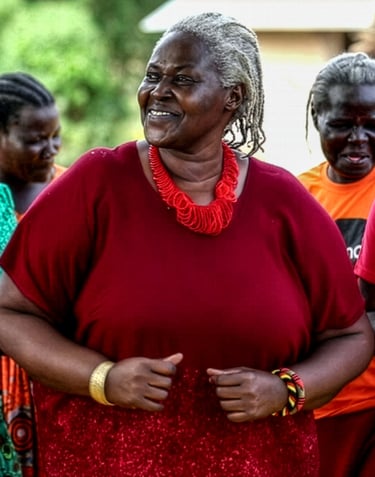

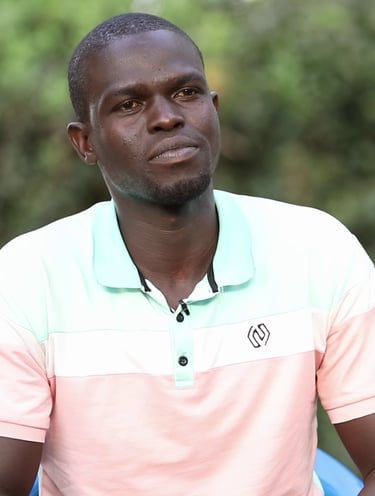

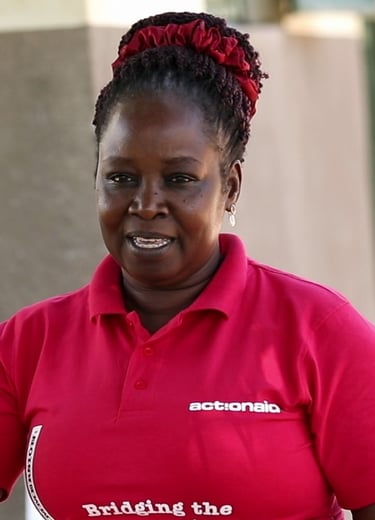

Iwelo Alice
Alice helps support women and girls in the Teso community who have been affected by gender-based issues.
Other Key Players
The Ateso community
Too many to mention but the women and men who have shared their stories have been Sally’s friends for ten years. Always generous they have shared their fruit, vegetables, warmth and hospitality on every visit as well as treating Sally to their songs, drama, and music. A special mention to Margaret who features in the award-winning poster for the film! Her joy is always infectious.
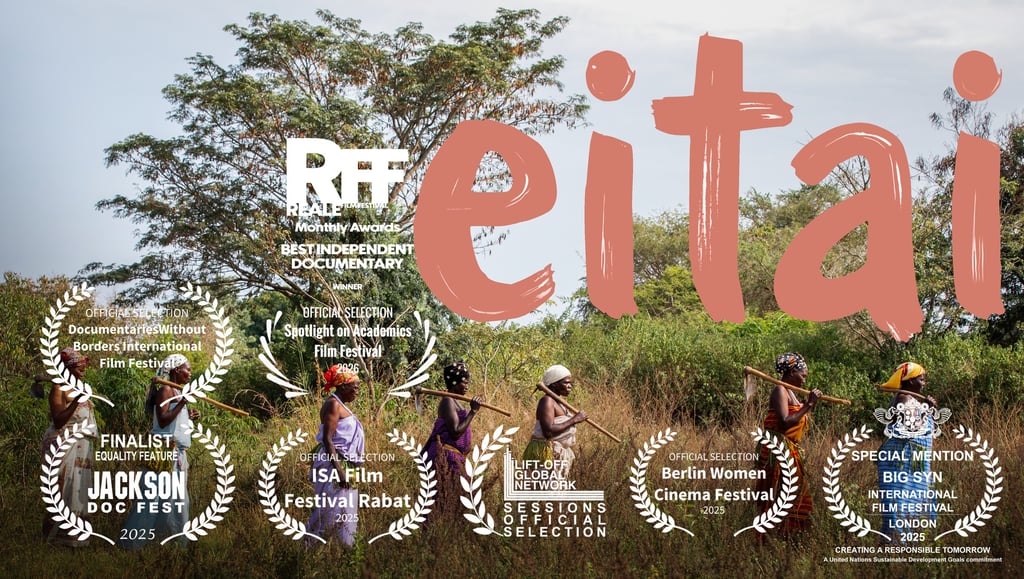

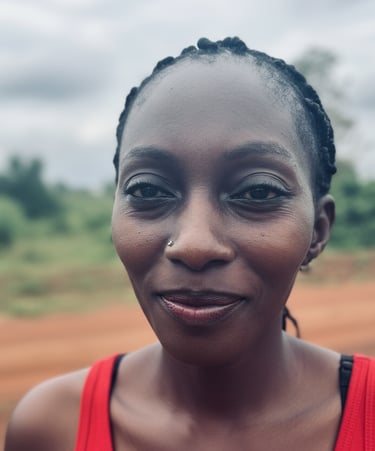

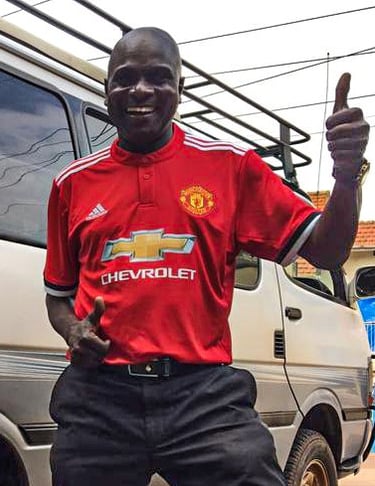

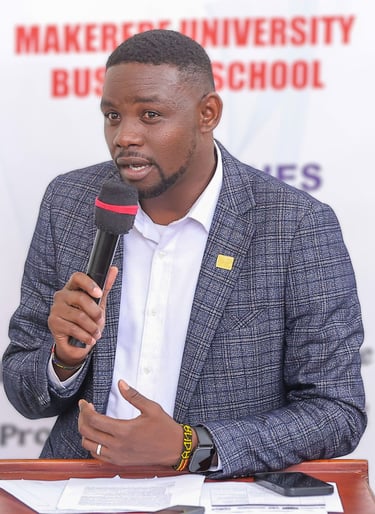

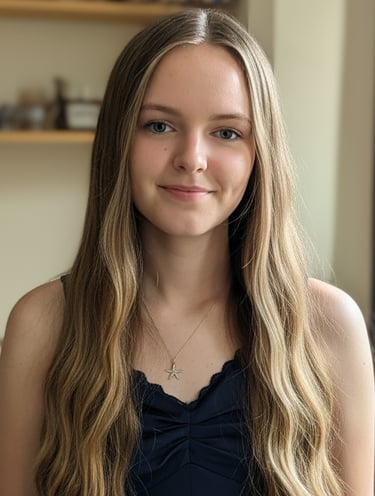

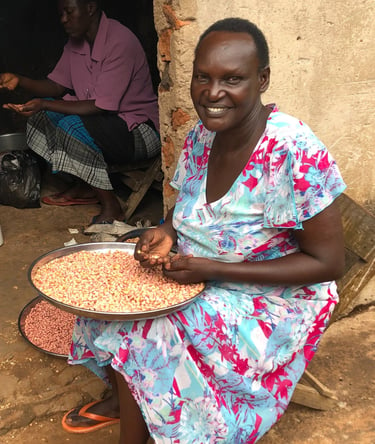

Angela Opolot
A good friend to Sally on her visits to Teso over the last ten years, and a vital supporter of the charity, Angela worked as a fixer and interpreter on the project – she also made sure the team were fed and watered! Angela refers to Sally as an ‘apese’ – meaning sister.
Geoffrey Ssentanu
Geoffrey is the team’s driver and has driven Sally over ten years around Uganda. More than a driver, Geoffrey is a friend, fixer, advisor, confidante, and keeps morale boosted at all times through his laughter and positive outlook!
Margaret Lima
Margaret provides wonderful home-from-home accommodation in Teso. She has been a kind, loyal, supportive friend for the last ten years and feels like family!
Bonny Kagaba and Denis Bukanya
Bonny is a lecturer in entrepreneurship at Makerere Business School and Denis Bukanya is a Human Rights Lawyer. Both Denis and Bonny helped to support the dissemination of Eitai at Makerere University leading a vibrant and fascinating panel discussion.
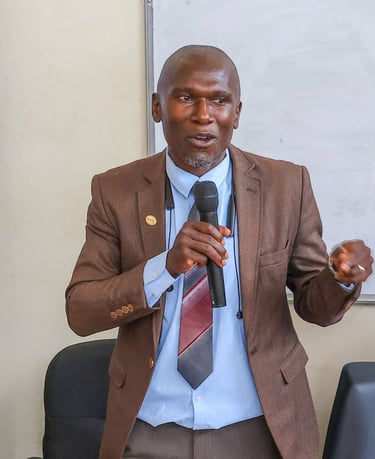

Daisy Bashford-Squires
Sally’s creative daughter has offered artistic advice and direction throughout the process as well as being a wonderful cheerleader and advocate for the project.
